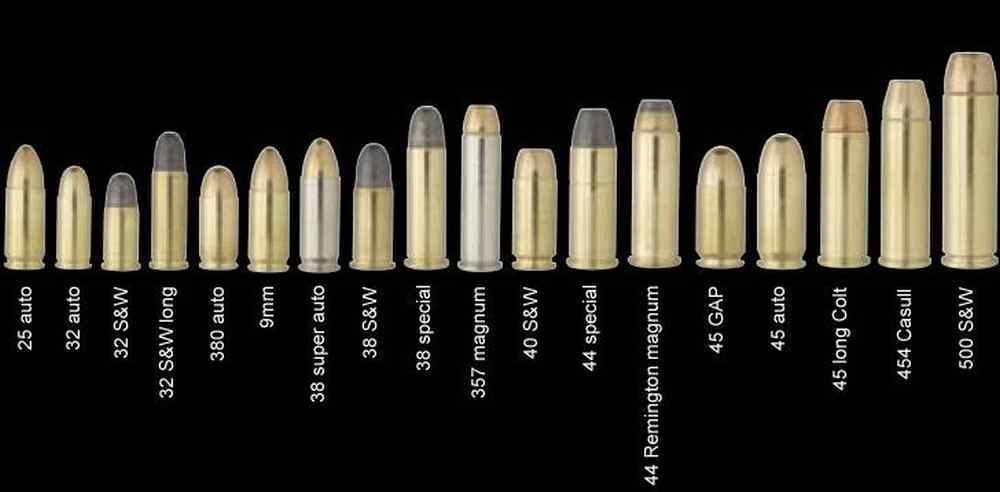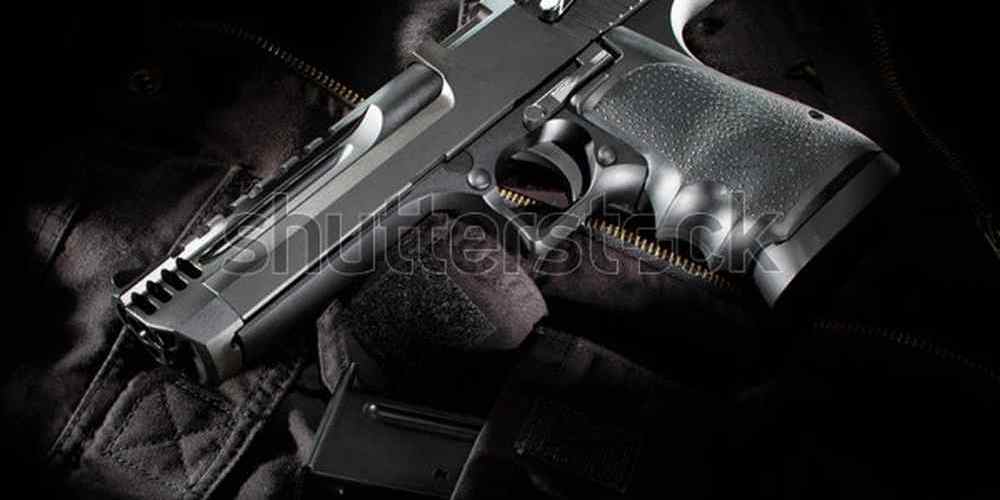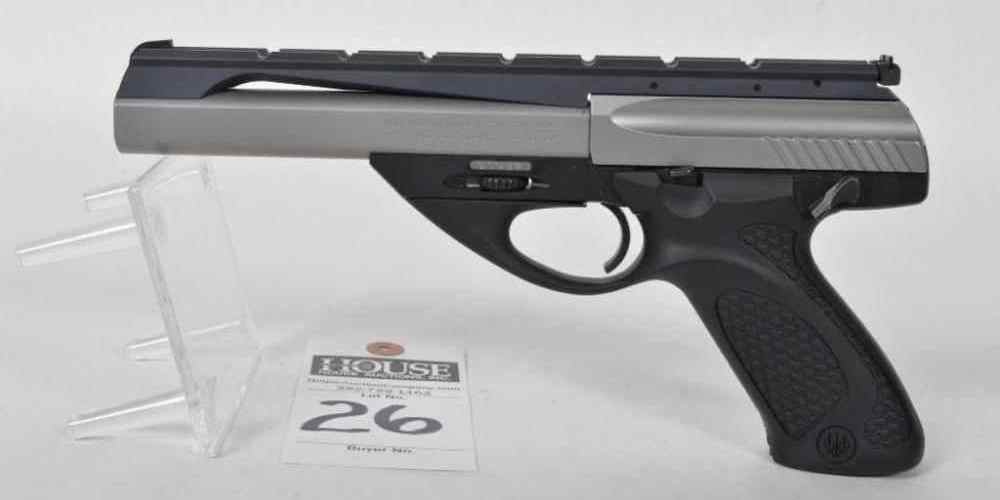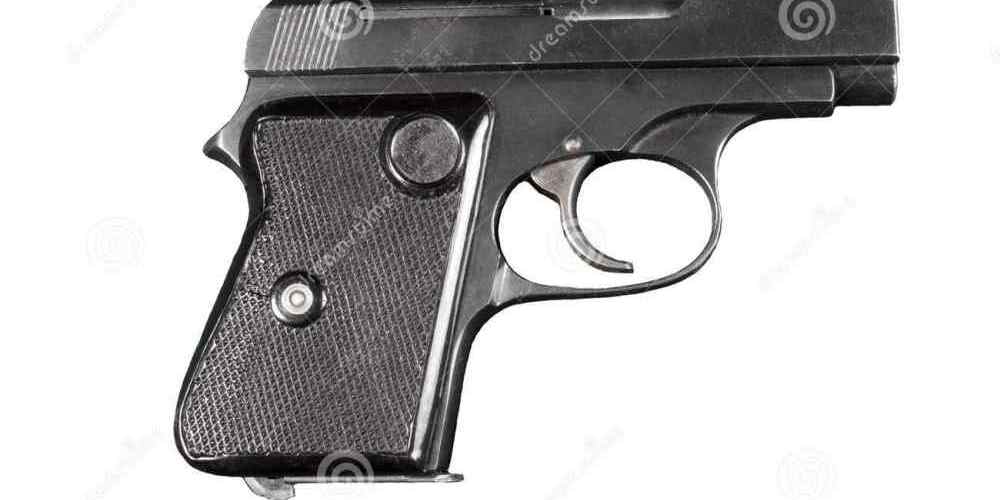Jacketed Hollow Point vs. Soft Point: What’s the Difference?
When it comes to choosing ammunition for hunting or self-defense purposes, understanding the differences between jacketed hollow point and soft point bullets is crucial. Both types of bullets have their own unique characteristics that can affect performance and effectiveness in various scenarios. Let’s delve into the specifics of each type to help you make an informed decision.
Jacketed Hollow Point Bullets
Jacketed hollow point (JHP) bullets are designed with a hollow cavity at the tip, which allows for controlled expansion upon impact. The jacket surrounding the core helps to maintain structural integrity and prevent fragmentation, ensuring reliable penetration and energy transfer.
- JHP bullets are commonly used for self-defense due to their ability to expand upon impact, creating larger wound channels and increasing stopping power.
- They are less likely to over-penetrate a target, reducing the risk of collateral damage in a defensive situation.
- JHP bullets are also popular for hunting applications, as they deliver rapid energy transfer and effective terminal performance on game animals.
Soft Point Bullets
Soft point bullets feature an exposed lead core with a partial jacket covering the base. This design allows for controlled expansion while retaining weight, making them ideal for hunting scenarios where deep penetration is desired.
- Soft point bullets offer superior penetration compared to JHP bullets, making them suitable for hunting thick-skinned game or shooting through barriers.
- They are less likely to clog with clothing or other material upon impact, ensuring consistent performance in various conditions.
- Soft point bullets may not expand as dramatically as JHP bullets, but they can still deliver effective terminal performance when properly placed.
Key Differences
While both jacketed hollow point and soft point bullets have their advantages, it ultimately comes down to your specific needs and preferences. Here are some key differences between the two types:
- Expansion: JHP bullets expand rapidly upon impact, creating larger wound channels. Soft point bullets offer controlled expansion while retaining weight for deeper penetration.
- Penetration: Soft point bullets typically penetrate deeper than JHP bullets, making them better suited for hunting scenarios where maximum penetration is required.
- Application: JHP bullets are commonly used for self-defense due to their reliable expansion and energy transfer. Soft point bullets excel in hunting situations where deep penetration is essential.
Conclusion
Choosing between jacketed hollow point and soft point bullets depends on your intended use and personal preferences. Whether you prioritize expansion for self-defense or penetration for hunting, understanding the differences between these two types of ammunition is essential for making an informed decision. Consider factors such as terminal performance, penetration depth, and application when selecting the right bullet for your needs.







